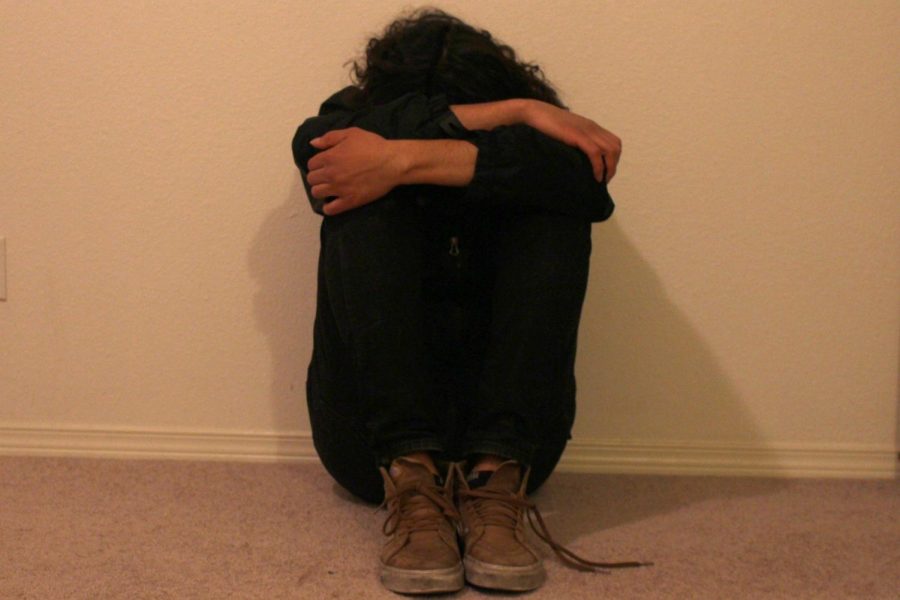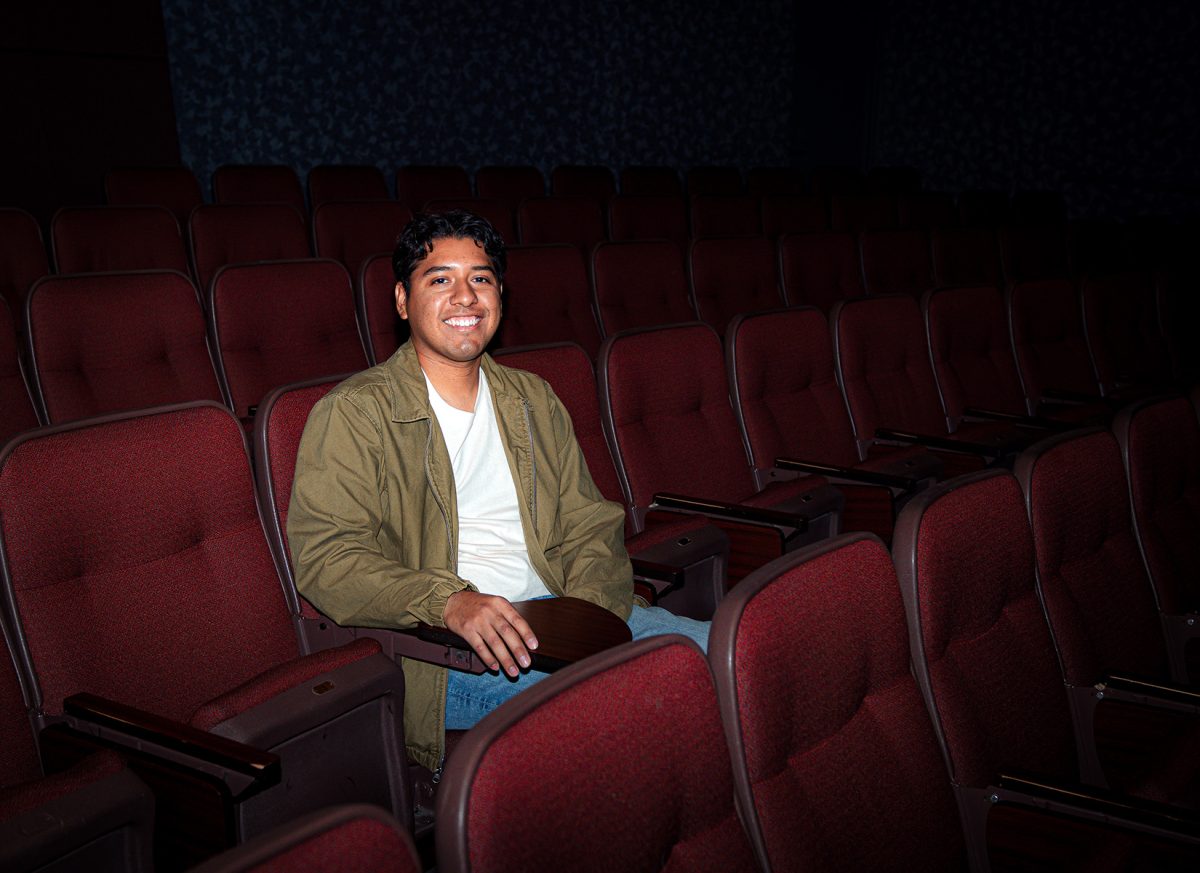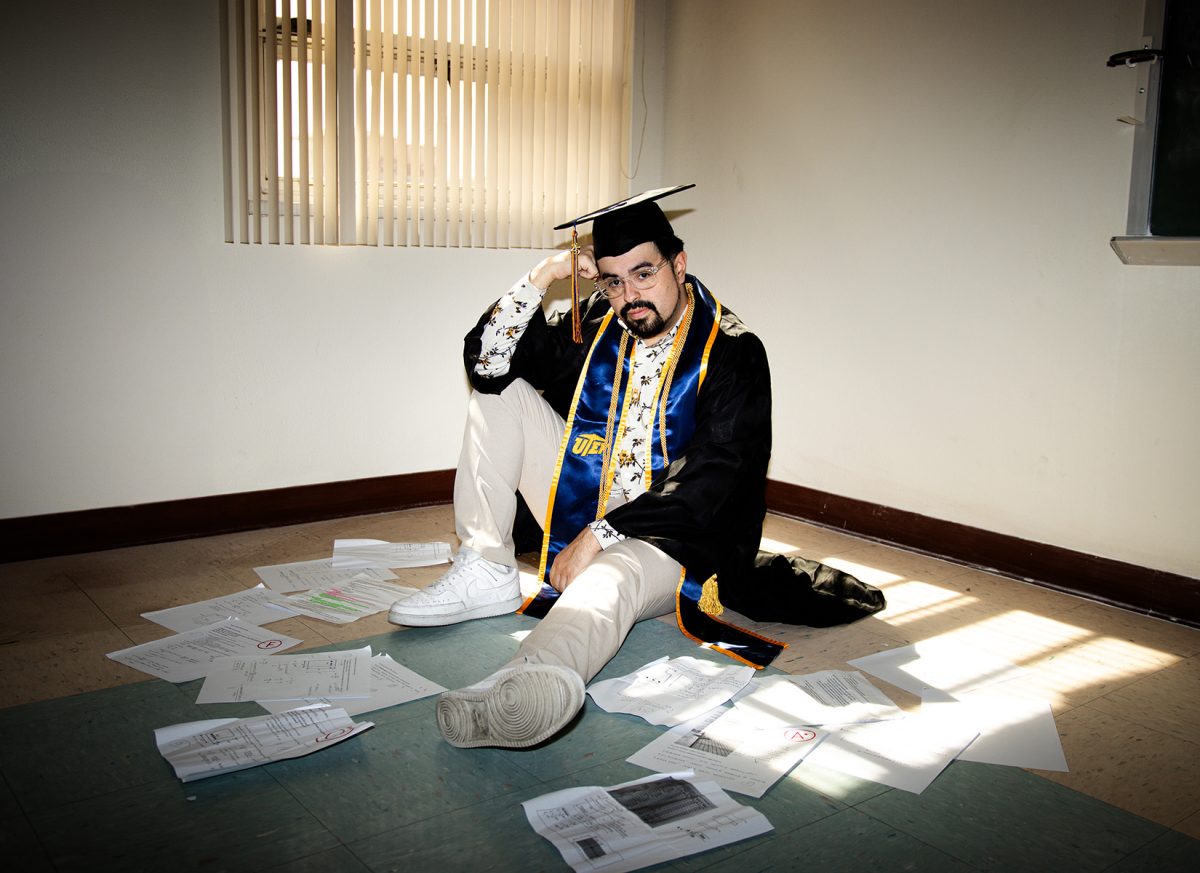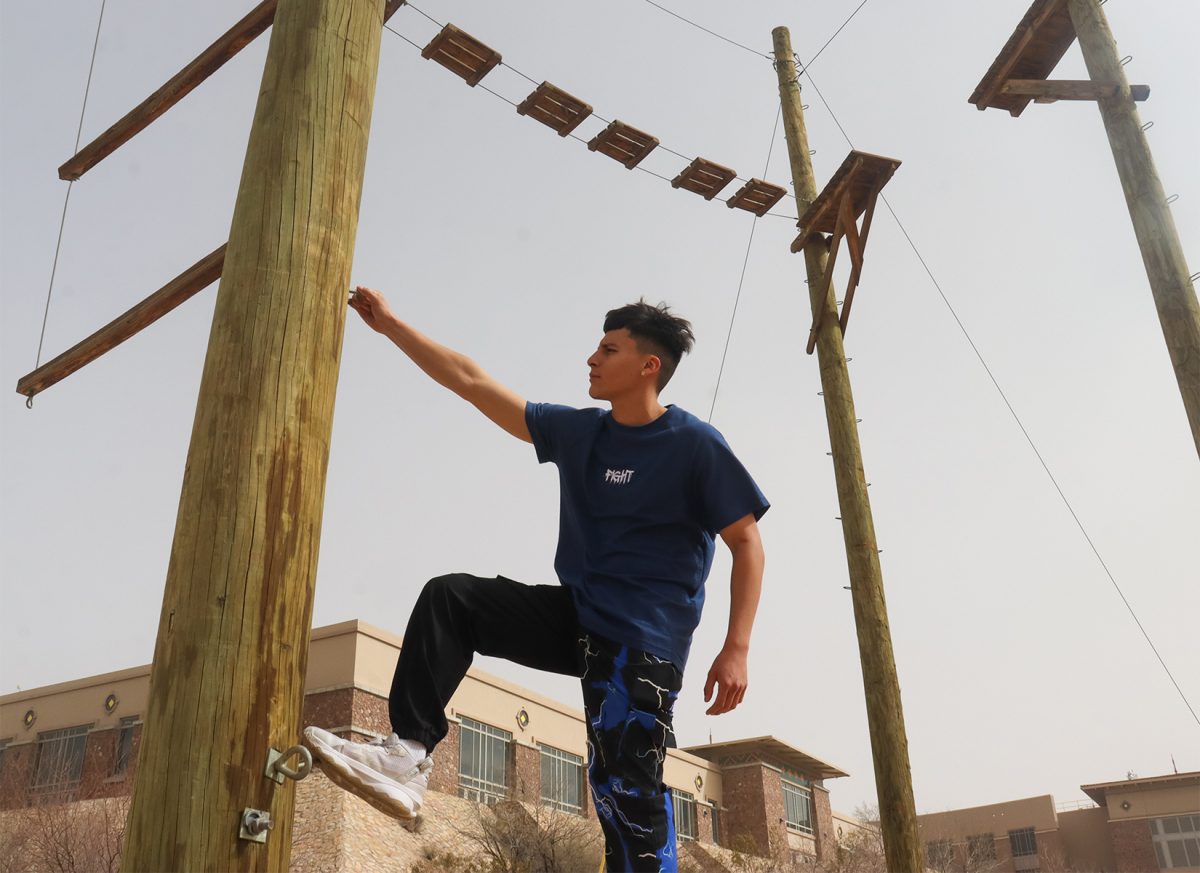According to The National Coalition Against Domestic Violence website, dating violence can happen to people from all socioeconomic backgrounds and education levels, regardless of race, age, sexual orientation, religion or gender.
Women tend to be more affected, but men also suffer from this problem.
According to the National Center for Victims of Crime, “dating violence is controlling, abusive and aggressive behavior in a romantic relationship. It can include verbal, emotional, physical, or sexual abuse, or a combination.”
The topic of abusive relationships has always been a sensitive topic and even a taboo when the male is the victim of abuse. When it comes to dating violence women are often seen as the victim, not the men.
The National Coalition Against Domestic Violence reported that an average of 20 people in the U.S. experience intimate partner physical violence every minute.
“1 in 4 women and 1 in 9 men experience severe intimate partner physical violence, intimate partner contact sexual violence, and/or intimate partner stalking with impacts such as injury, fearfulness, post-traumatic stress disorder, use of victim services, contraction of sexually transmitted diseases.”
When enrolling at UTEP, every new student needs to complete a couple of blocks about sexual assault prevention and alcohol education. “Miners take care of Miners.”
Is the slogan of the community of Campus Advocacy, Resources and Education (CARE) at UTEP.
CARE helps students to overcome personal problems that they might be experiencing in their life either from their past or from their present.
Justin Tompkins, campus advocate at CARE, expressed his views about dating violence and the idea that people have about males coming forward about their feelings.
Tompkins said that when in an abusive relationship is always hard for both men and women to discuss the topic, but men always have a harder time coming forward.
“We are taught that we have to behave in a certain way, the macho idea, to like specific colors, to be leaders, to not show weaknesses or emotions, to always have control,” Tompkins said. “Dating violence is becoming a more common topic to discuss among males, as well as mental health issues.”
CARE has been at UTEP for around a year and according to their statistics, 80 percent of the patients are female and 20 percent are males.
Tompkins said that even when the number of women seeking help is higher, more men are coming forward to face the abuse they suffer in their relationships.
CARE is not the only department at UTEP that offers to help students deal with these kind of problems and promote a culture of care. The Dean of Students Office provides information for students to learn, understand and act when it comes to violence, especially in sexual assault cases.
“We want to promote a culture in our campus and among our students of care and support,” said Dr. Catie McCorry-Andalis, deputy Title IX coordinator at UTEP.
The Dean of Students Office hosts multiples events over the school year to educate students in sexual violence problems and outcomes. They encourage students to come forward and seek for help.
“We care about our students. It doesn’t matter their gender or how they identified themselves, we want them to be successful in their education and also in their personal life. We are here to help,” Dr. McCorry-Andalis said.










